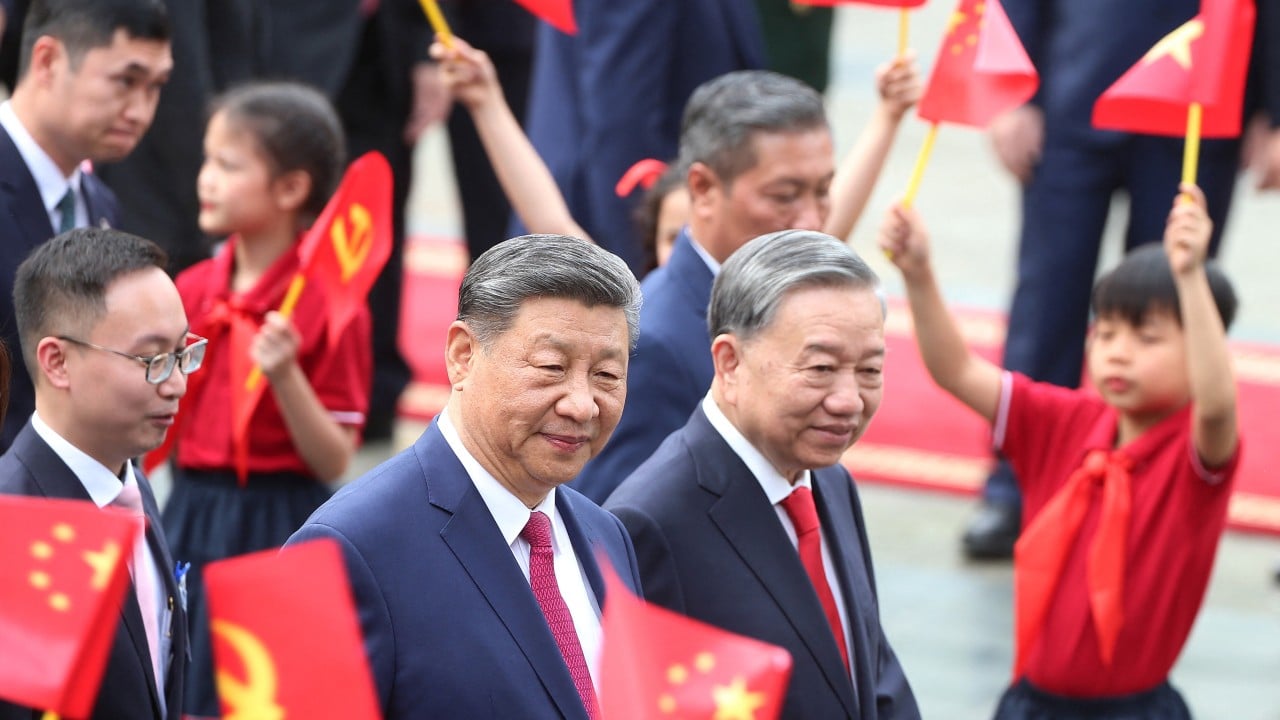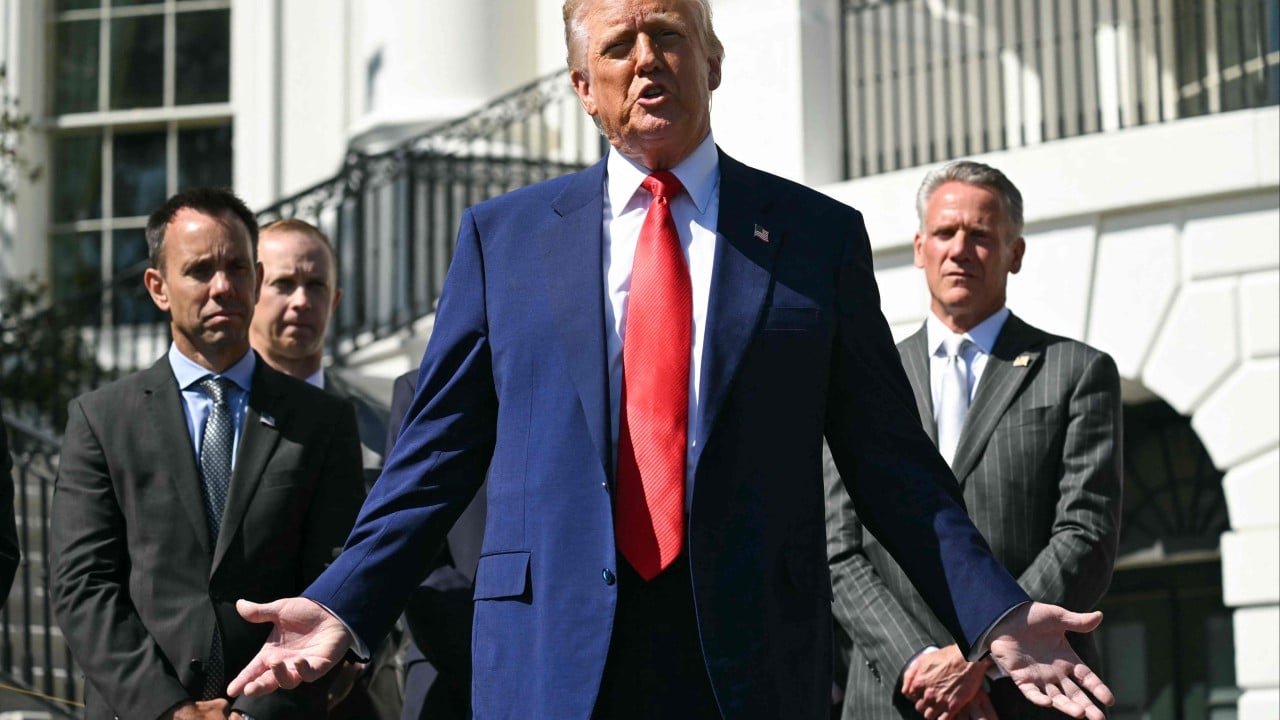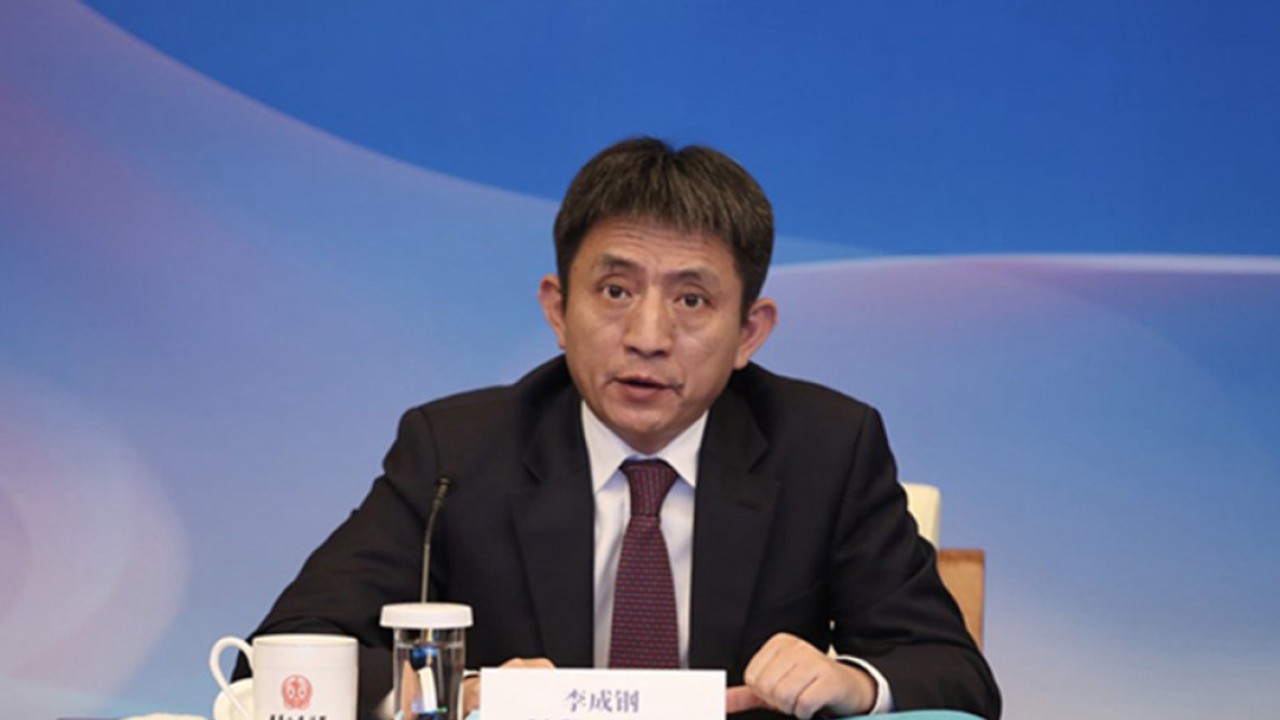
The unilateral imposition of "reciprocal tariffs" by the United States effectively deprives countries, particularly those in the Global South, of their right to development, and is certain to face widespread opposition from the international community, a Chinese Foreign Ministry spokesperson said on Monday.Recently, the United States imposed tariffs on all its trading partners, affecting over 180 countries and regions worldwide, including several classified as least developed countries by the United Nations.
Analysts warn that these steep tariffs could have an unprecedented and severe impact on vulnerable nations with limited economic diversification and heavy reliance on exports.In response to a related query, spokesperson Lin Jian said at a daily news briefing that the United States, under the guise of "reciprocity," acted in a manner that prioritizes its own interests at the expense of other nations' legitimate benefits.
This approach places "America First" above international rules, exemplifying unilateralism, protectionism, and economic bullying.Lin added that the Chinese government has made its stance on opposing United States abuse of tariffs clear.Data analysis from the World Trade Organization indicates that, amid economic disparities and unequal power dynamics, United States tariff policies will exacerbate the wealth gap among nations, with less developed countries facing particularly severe repercussions.
This trend poses a significant threat to the efforts intended to achieve the United Nations 2030 Agenda for Sustainable Development, Lin said.The United States' imposition of differentiated tax rates violates the World Trade Organization's principle of non-discrimination, severely undermining the normal international economic and trade order, as well as the security and stability of global industrial and supply chains, Lin said, adding that this action significantly damages the multilateral trading system, poses a severe threat to the global economic recovery process, and is bound to meet widespread backlash from the international community.Openness and cooperation are a historical trend, and mutual benefit and win-win outcomes are the aspirations of people.
Development is a universal right of all countries, not the privilege of a few, said Lin.He emphasized that all countries should uphold the principles of extensive consultation, joint contribution, and shared benefits, while adhering to genuine multilateralism.
He called for a united stance against all forms of unilateralism and protectionism and for safeguarding the international system with the United Nations at its core, along with the multilateral trading system centered on the World Trade Organization.

 16
16















